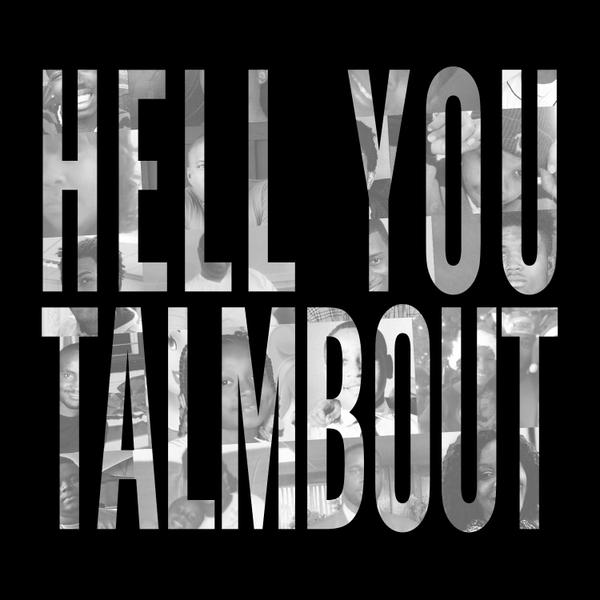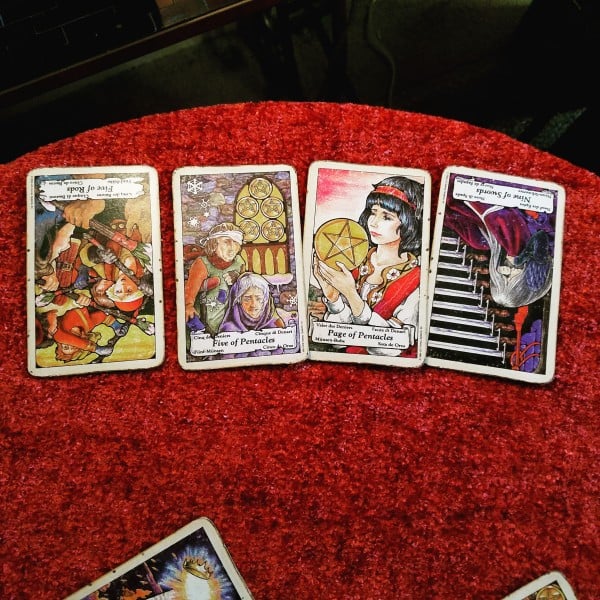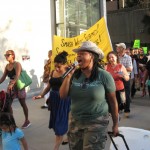 I actually worked for Wondaland Arts briefly. I say “worked” though they never actually paid me; I spent some time hanging around, talking about ideas, and writing up treatments. Whatevs, it was fun.
I actually worked for Wondaland Arts briefly. I say “worked” though they never actually paid me; I spent some time hanging around, talking about ideas, and writing up treatments. Whatevs, it was fun.
Music is magic. Magic is power. The voice, the rhythm, the way it moves your body and opens you to possibilities. We regularly evoke that power in circle and outside of it; Pagan songs, chants, words music magic.
That power is and always has been a part of movements for resistance and social change…especially for African Americans. During slavery work songs and spirituals weren’t just uplifting but carried coded messages; warnings that a patrol was nearby, instructions on how to find your way to freedom. Drums were periodically outlawed, because of their power (and the possibility of using them to communicate at a distance, therefore to organize a revolt). People simply used their bodies for percussion instead, as in the Juba dance.
During the Civil Rights movement, songs like “We Shall Overcome” became anthems, songs people sang while marching down the street to face down state troopers with truncheons and in jail.
The Black Lives Matter movement hasn’t been without its songs before now; here’s a video of people in Brooklyn singing “I Can’t Breathe” at a protest:
But Janelle Monáe and Wondaland Records just released a song that is both a complex musical document packed with references (rhythms that evoke both marches and the signal drums, harmonies that sound like the choir of an AME church) and beautifully, elegantly, ferociously to the point.
Just listen to it. Then listen to it again. Listen until it sinks into your heart.
If you don’t get it after that…I don’t know what to say to you.















